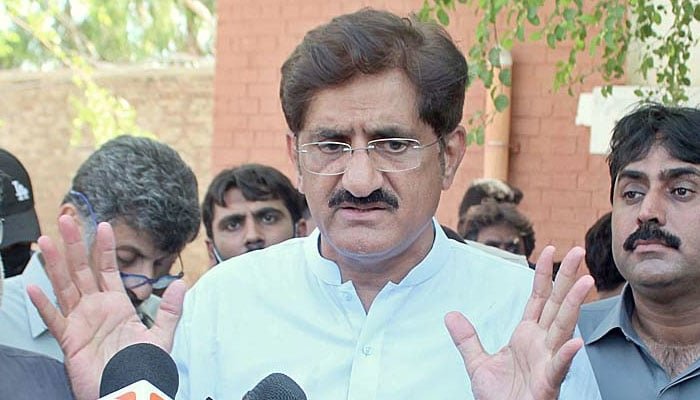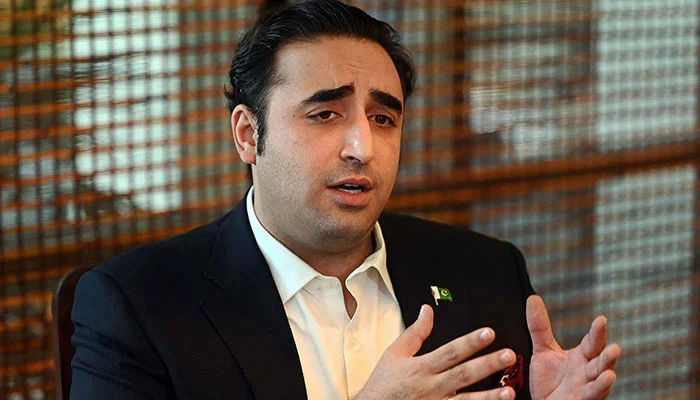Former Chief Minister of Sindh and senior leader of the Pakistan Peoples Party (PPP), Syed Murad Ali Shah, has voiced his opinion on Nawaz Sharif’s delayed return to the country, stating that it took him a considerable amount of time to come back.
Speaking in a media interview in Sehwan, Murad Ali Shah remarked that the public is well aware of who stood by the nation during challenging times and who opted to leave the country. He further emphasized that the history of unsuccessful alliances against the PPP is evident.
Highlighting the party’s historical context, Shah mentioned that the PPP has faced numerous alliances in the past, which ultimately proved unsuccessful. This assertion suggests a resilience and political strength on the part of the PPP, weathering challenges posed by coalition efforts against them.
Moreover, the PPP leader commented on the current attempt to form a relatively inexperienced alliance in Sindh. He expressed his view that this alliance is untested in terms of political collaboration and lacks the depth of experience needed for effective governance.
Shah specifically mentioned Bashir Memon, a figure associated with law enforcement, stating that Memon lacks the political experience required for effective leadership. He predicted that February 8th would mark the victory day for the Pakistan Peoples Party, indicating confidence in the party’s electoral prospects.
In essence, Murad Ali Shah’s statements underscore the PPP’s historical resilience against alliances and his skepticism about the capabilities of the nascent alliance in Sindh. The remarks also touch upon the delayed return of Nawaz Sharif, framing it as a noteworthy factor in the current political landscape.
As political dynamics continue to evolve in Sindh, the PPP, under the leadership of figures like Murad Ali Shah, positions itself as a seasoned and resilient political force. The upcoming election on February 8th is poised to be a critical juncture, determining the political landscape in the region.



